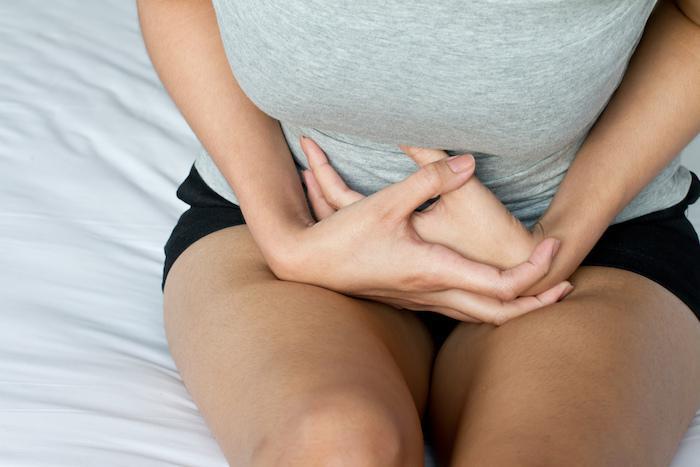If you think you have fibroids and live in the Cos Cob, Connecticut, area, Donna J. Hagberg, MD, can help you. She can expertly evaluate your fibroids and develop a treatment plan to address your symptoms. Here’s what you need to know about fibroids and what you can about them.
Fibroid symptoms
Sometimes, your doctor can feel uterine fibroids during a pelvic exam. Other times, they’re diagnosed via ultrasound, a test that uses sound waves to create images of areas inside the body. If you have large fibroids or many of them, they can become disruptive and affect your quality of life. Symptoms you may have include:
- Pain or pressure in your abdomen or pelvis
- Abdominal bloating
- Rectal pressure or constipation
- Frequent urination
- Leg pain or backache
- Heavy periods
If you experience any of these symptoms, schedule an appointment with Dr. Hagberg so she can evaluate you.
Fibroids — which are almost always noncancerous — can be so small you don’t even know they’re there. If the tumors are not causing problems, you don’t need to treat them.
Other times, they can be so large that they push on your uterus, cause pressure and bloating, and possibly even make it difficult for you to get pregnant. They can also be different shapes or located in different parts of your uterus, such as in the cavity itself or the uterine wall.
Causes and contributing factors of fibroids
Doctors don’t know the exact cause of fibroids, but they do know you have an increased risk of getting them if you have a family history of them, meaning your mother or sister had them. Other contributing factors include:
- Menstruation that starts at a young age
- Eating too much red meat
- Not eating enough green vegetables
- Heavy alcohol consumption
- Obesity — a body mass index over 30
Hormones also play a role. Fibroids have estrogen and progesterone receptors, so as your body prepares for pregnancy each month during your cycle, your fibroids may get the signal to grow.
Treatment for fibroids
In many cases, medications can help you manage your symptoms. For example, oral contraceptives and intrauterine devices may interfere with the hormonal signals that trigger fibroids to grow. This can help relieve the pressure and bloating caused by large fibroids.
Nonsteroidal anti-inflammatory drugs like ibuprofen help reduce inflammation and ease your pain, too. Medicines called gonadotropin-releasing hormone (GnRH) agonists prevent you from ovulating, meaning no eggs mature or are released during your monthly cycle.
Dr. Hagberg determines what type of medication is right for you based on your health history and the results of any tests. Depending on the severity of your fibroids, you may require a surgical procedure. A minimally invasive technique called a myomectomy removes your fibroids, while a hysterectomy removes your entire uterus.
Even if you’re diagnosed with fibroids, it doesn’t mean you’ll need a hysterectomy. You may get enough relief from medication alone. The first step to feeling better is calling our office at 860-356-2042.

